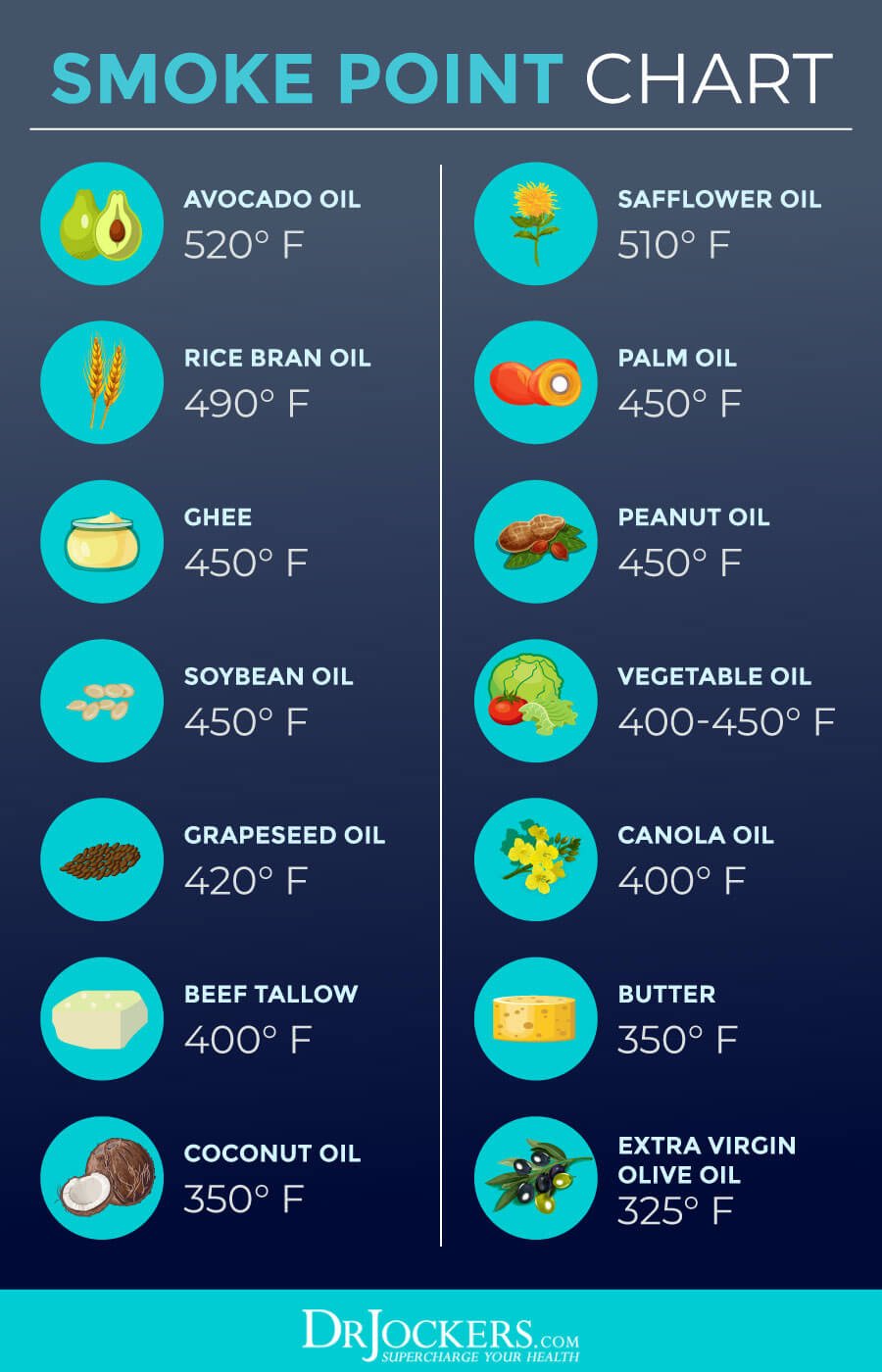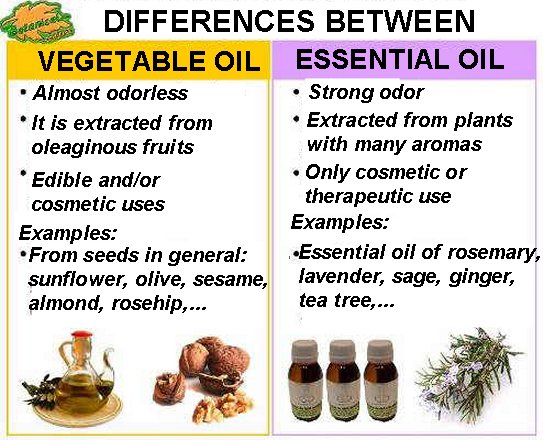Nutritional Comparison

When it comes to the nutritional comparison between sunflower oil and vegetable oil, there are some key differences to consider. Sunflower oil is known for its high vitamin E content, while vegetable oil, particularly blended vegetable oil, is rich in vitamin K. Vitamin E is an antioxidant that helps protect cells from damage, while vitamin K plays a crucial role in blood clotting and bone health. In terms of fat content, both oils are similar, containing mainly monounsaturated and polyunsaturated fats, which are considered healthier options than saturated fats. However, it’s important to note that the exact nutritional composition may vary depending on the specific brand and processing methods used.
Sunflower Oil
Sunflower oil is a popular cooking oil that is derived from the seeds of the sunflower plant. It is known for its mild taste and light texture, making it a versatile option for various culinary applications.
Sunflower oil is a rich source of vitamin E, an antioxidant that helps protect cells from damage and promotes healthy skin and immune function. It also contains a good balance of monounsaturated and polyunsaturated fats, which are considered healthier alternatives to saturated fats.
With a high smoke point, sunflower oil is suitable for frying, sautéing, and baking. Its neutral flavor allows it to blend well with other ingredients, making it a popular choice in salad dressings and marinades.
Overall, sunflower oil is a nutritious and versatile option for cooking and adds a subtle touch to your dishes.
Sunflower Oil: Production And Benefits
Sunflower oil is produced from the seeds of the sunflower plant through a process called extraction. The seeds are first cleaned and then crushed to obtain the oil. This oil extraction method helps retain the natural nutrients and flavor of the sunflower seeds.
Sunflower oil offers several health benefits due to its composition. It is rich in vitamin E, which acts as an antioxidant and helps protect our cells from damage. Additionally, sunflower oil contains a good balance of monounsaturated and polyunsaturated fats, which are considered healthier alternatives to saturated fats.
The production process ensures that sunflower oil retains its natural properties, making it a nutritious and versatile cooking oil choice. Its mild taste and light texture make it perfect for a wide range of dishes.
Sunflower Oil: Smoke Point And Cooking Applications

Sunflower oil has a smoke point of around 230°C (446°F), making it suitable for a variety of cooking applications. Its high smoke point allows for high-heat cooking methods like sautéing, stir-frying, and pan-frying.
Due to its mild taste and light texture, sunflower oil is a popular choice for baking and deep-frying as well. It can be used in recipes for cakes, cookies, and other baked goods, providing a moist texture and enhancing the flavor.
However, it’s important to note that sunflower oil is not recommended for deep-frying with repeated use. Its relatively low stability when heated can lead to the breakdown of the oil and the production of harmful compounds. Therefore, it is best to use sunflower oil for one-time fryings or cooking methods that require moderate heat.
Vegetable Oil
Vegetable oil is a generic term used to describe various types of oils derived from different plant sources. It is often a blend of different oils, such as soybean, canola, corn, or safflower oil. Vegetable oil goes through extensive processing methods, including refining, bleaching, and deodorizing, to ensure a neutral flavor and a longer shelf life.
This versatile cooking oil has a high smoke point, making it ideal for a wide range of cooking methods, including frying, baking, and sautéing. It is also commonly used in salad dressings and marinades. Vegetable oil is a popular choice for those looking for a neutral-tasting oil that won’t overpower the flavors of their dishes. However, it’s important to note that the processing methods used in producing vegetable oil may remove some of its natural nutrients.
Vegetable Oil: Types And Processing Methods
Vegetable oil is a versatile cooking oil derived from various plant sources. It includes oils such as soybean, canola, corn, and safflower oil, among others. These oils can be used individually or blended together to create a vegetable oil mixture. The processing methods for vegetable oil involve refining, bleaching, and deodorizing to ensure a neutral flavor and longer shelf life. However, these processes may strip away some of the natural nutrients present in the oils. Despite this, vegetable oil remains a popular choice due to its high smoke point and ability to be used in a wide range of cooking methods, including frying, baking, and sautéing.
Vegetable Oil: Health Considerations And Uses

When it comes to health considerations, vegetable oil is often praised for its high content of unsaturated fats, which are known to be heart-healthy. These fats can help in reducing bad cholesterol levels and lowering the risk of heart disease. Additionally, vegetable oil is a good source of vitamin E, an antioxidant that helps protect cells from damage caused by free radicals.
In terms of culinary uses, vegetable oil is extremely versatile. Its neutral flavor makes it suitable for a wide range of dishes, including stir-frying, sautéing, and baking. It also has a high smoke point, allowing it to withstand higher temperatures without breaking down and producing harmful compounds. Overall, vegetable oil is a popular choice for both its health benefits and cooking versatility.
Flavor Profile
When it comes to the flavor profile, sunflower oil and vegetable oil offer slightly different tastes. Sunflower oil has a mild, neutral flavor that allows the natural flavors of the ingredients to shine through in dishes. On the other hand, vegetable oil has a more subtle taste that can add a delicate richness to foods. It is important to note that the exact flavor may vary depending on the specific brand and processing methods used. Ultimately, the choice between sunflower oil and vegetable oil for cooking will depend on personal preference and the desired flavor outcome for the dish at hand.
Taste Differences Between Sunflower Oil And Vegetable Oil
The taste differences between Sunflower Oil and Vegetable Oil can vary slightly. Sunflower oil has a mild, neutral flavor that allows the natural flavors of the ingredients to shine through in dishes. On the other hand, vegetable oil has a more subtle taste that can add a delicate richness to foods. However, it is important to note that the exact flavor may vary depending on the specific brand and processing methods used. Ultimately, the choice between sunflower oil and vegetable oil for cooking will depend on personal preference and the desired flavor outcome for the dish at hand.
Cooking Performance

When it comes to cooking performance, both sunflower oil and vegetable oil offer excellent options. Sunflower oil has a higher smoke point compared to vegetable oil, making it more suitable for high-heat cooking methods like frying and sautéing. Its neutral flavor allows the natural tastes of the ingredients to shine through. On the other hand, vegetable oil provides versatility and affordability, making it a popular choice for various cooking techniques. It adds a subtle richness to dishes without overpowering the flavors. Both oils have a good heat distribution and are suitable for baking as well. Ultimately, the choice between sunflower oil and vegetable oil for cooking will depend on the specific cooking techniques and the desired flavor outcome.
Sunflower Oil Vs Vegetable Oil: Frying, Baking, And High-heat Cooking
When it comes to frying, baking, and high-heat cooking, both sunflower oil and vegetable oil have their strengths. Sunflower oil, with its higher smoke point, is well-suited for these cooking methods. It can withstand higher temperatures without breaking down or emitting smoke. This makes it ideal for deep-frying, sautéing, and stir-frying. On the other hand, vegetable oil is also a versatile option for frying and baking. Its neutral flavor allows the natural tastes of the ingredients to shine through. Additionally, both oils provide good heat distribution, resulting in evenly cooked and delicious dishes. Whether you’re frying up crispy chicken or baking a fluffy cake, both sunflower oil and vegetable oil can deliver excellent results.
Conclusion
In conclusion, when comparing sunflower oil and vegetable oil, both oils have their unique qualities and benefits. Sunflower oil stands out with its higher levels of vitamin E and beneficial antioxidants, making it a healthier option for cooking. It also has a higher smoke point, making it suitable for high-heat cooking methods. Vegetable oil, on the other hand, is a versatile option with a neutral flavor that allows the natural tastes of ingredients to shine through. Ultimately, the choice between sunflower oil and vegetable oil comes down to personal preference and individual dietary needs. Remember to choose an oil that best suits your cooking requirements and supports your overall health.
Key Differences Between Sunflower Oil And Vegetable Oil

Sunflower oil and vegetable oil have some key differences.
- Production: Sunflower oil is extracted from sunflower seeds, while vegetable oil is a blend of different oils like canola, soybean, and palm.
- Nutritional content: Sunflower oil contains higher levels of vitamin E and beneficial antioxidants, making it a healthier option. Vegetable oil, on the other hand, lacks these specific nutrients.
- Smoke point: Sunflower oil has a higher smoke point, making it suitable for high-heat cooking methods like frying and grilling. Vegetable oil has a lower smoke point and is better for baking and sautéing.
- Flavor profile: Sunflower oil has a light and neutral flavor, allowing the natural tastes of ingredients to shine through. Vegetable oil has a more pronounced flavor that may alter the taste of dishes.
Ultimately, the choice between sunflower oil and vegetable oil depends on individual preferences and cooking needs.
Choosing The Right Oil For Your Cooking Needs
Choosing the right oil for your cooking needs is essential to achieving the best results in your dishes. When deciding between sunflower oil and vegetable oil, consider the specific requirements of your cooking method.
If you are planning to fry foods at high temperatures, such as deep-frying, sunflower oil is an excellent choice due to its higher smoke point. It can withstand the heat without breaking down and compromising the flavor and texture of your food.
On the other hand, if you are baking or sautéing at lower temperatures, vegetable oil can be a suitable option. Its lower smoke point makes it better suited for these cooking methods.
Consider the desired flavor profile as well. Sunflower oil has a neutral taste, while vegetable oil may have a more pronounced flavor that can enhance certain dishes.
Ultimately, the right choice between sunflower oil and vegetable oil depends on your cooking preferences and the specific dish you are preparing.
FAQ About Sunflower Oil Vs Vegetable Oil: Cooking Oil Comparison
Q: What is the main difference between sunflower oil and vegetable oil?
A: The main difference is the source of each oil. Sunflower oil is extracted from sunflower seeds, whereas vegetable oil is a blend of different plant-based oils like soybean, canola, and palm oil.
Q: Which oil is healthier for cooking, sunflower oil, or vegetable oil?
A: Sunflower oil is considered healthier due to its high levels of vitamin E and lower saturated fat content compared to vegetable oil. However, the best oil choice depends on individual health needs and cooking preferences.
Q: Can both sunflower oil and vegetable oil be used for deep frying?
A: Yes, both oils have high smoke points, making them suitable for deep frying. However, sunflower oil’s higher smoke point may make it a better choice for deep frying at very high temperatures.
Q: Are sunflower oil and vegetable oil interchangeable in recipes?
A: Generally, sunflower oil and vegetable oil can be used interchangeably in most cooking and baking recipes. Just keep in mind that they may impart slightly different flavors to the final dish.
Q: Are there any environmental considerations when choosing between sunflower oil and vegetable oil?
A: Yes, there are environmental impacts to consider. Sunflower oil production has a lower environmental footprint compared to vegetable oil production, which may involve the cultivation of multiple crops like soybean, canola, and palm oil.

Panda Cafe offers delicious dining and takeout to Fairfax, VA.
Panda Cafe is a cornerstone in the Fairfax community and has been recognized for its outstanding Chinese cuisine, excellent service, and friendly staff.